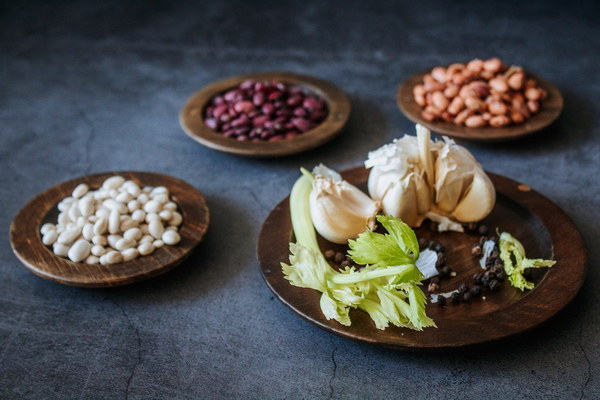Unlock the Secrets of Liver Health What Works Best for Liver Care
Introduction:
The liver is a vital organ responsible for detoxifying the body, producing bile, and metabolizing nutrients. Maintaining its health is crucial for overall well-being. With countless claims about what is best for liver care, it can be overwhelming to discern what truly works. This article delves into the secrets of liver health, exploring the most effective methods and lifestyle changes that can help keep your liver in tip-top shape.
1. Nutrient-Rich Diet
A balanced diet rich in essential nutrients is the foundation of liver health. Incorporate the following foods into your meals:
- Leafy greens: Spinach, kale, and Swiss chard are packed with vitamins A, C, E, and K, which support liver function.
- Cruciferous vegetables: Broccoli, cauliflower, and Brussels sprouts contain sulfur compounds that aid in detoxification.
- Citrus fruits: Oranges, grapefruits, and lemons provide vitamin C, which helps regenerate liver cells.
- Nuts and seeds: Almonds, walnuts, and flaxseeds are rich in healthy fats and antioxidants that protect the liver.
- Fatty fish: Salmon, mackerel, and sardines contain omega-3 fatty acids, which reduce inflammation and support liver health.
2. Hydration
Staying hydrated is essential for liver function. Drinking plenty of water helps flush out toxins and maintains healthy liver function. Aim for at least eight 8-ounce glasses of water daily, and consider herbal teas or infused water to add variety.
3. Avoid Alcohol
Alcohol is a primary cause of liver disease. Limiting or eliminating alcohol consumption can significantly reduce the risk of liver damage. If you do consume alcohol, do so in moderation and never on an empty stomach.
4. Cut Down on Sugar and Refined Carbs

High sugar intake can lead to non-alcoholic fatty liver disease (NAFLD), a condition where fat accumulates in the liver. Reduce your intake of sugary drinks, desserts, and processed foods, and opt for whole grains, fruits, and vegetables instead.
5. Exercise Regularly
Regular physical activity can help maintain a healthy weight, improve insulin sensitivity, and reduce the risk of NAFLD. Aim for at least 150 minutes of moderate-intensity aerobic exercise or 75 minutes of vigorous-intensity exercise each week.
6. Limit Exposure to Toxins
Minimize exposure to environmental toxins, such as pesticides, heavy metals, and industrial chemicals. Use natural, non-toxic products in your home and workplace, and always wear protective gear when handling hazardous materials.
7. Manage Stress
Chronic stress can negatively impact liver health. Practice stress-reducing techniques, such as meditation, yoga, deep breathing exercises, or spending time in nature.
8. Regular Health Check-Ups
Regular medical check-ups can help detect liver diseases early. Your doctor may recommend blood tests to assess liver function and screen for conditions such as hepatitis or cirrhosis.
Conclusion:
Liver health is essential for overall well-being. By adopting a nutrient-rich diet, staying hydrated, avoiding alcohol, cutting down on sugar, exercising regularly, limiting exposure to toxins, managing stress, and undergoing regular health check-ups, you can support your liver's health and reduce the risk of liver diseases. Remember, the best approach is a combination of lifestyle changes and medical guidance to ensure optimal liver function.









